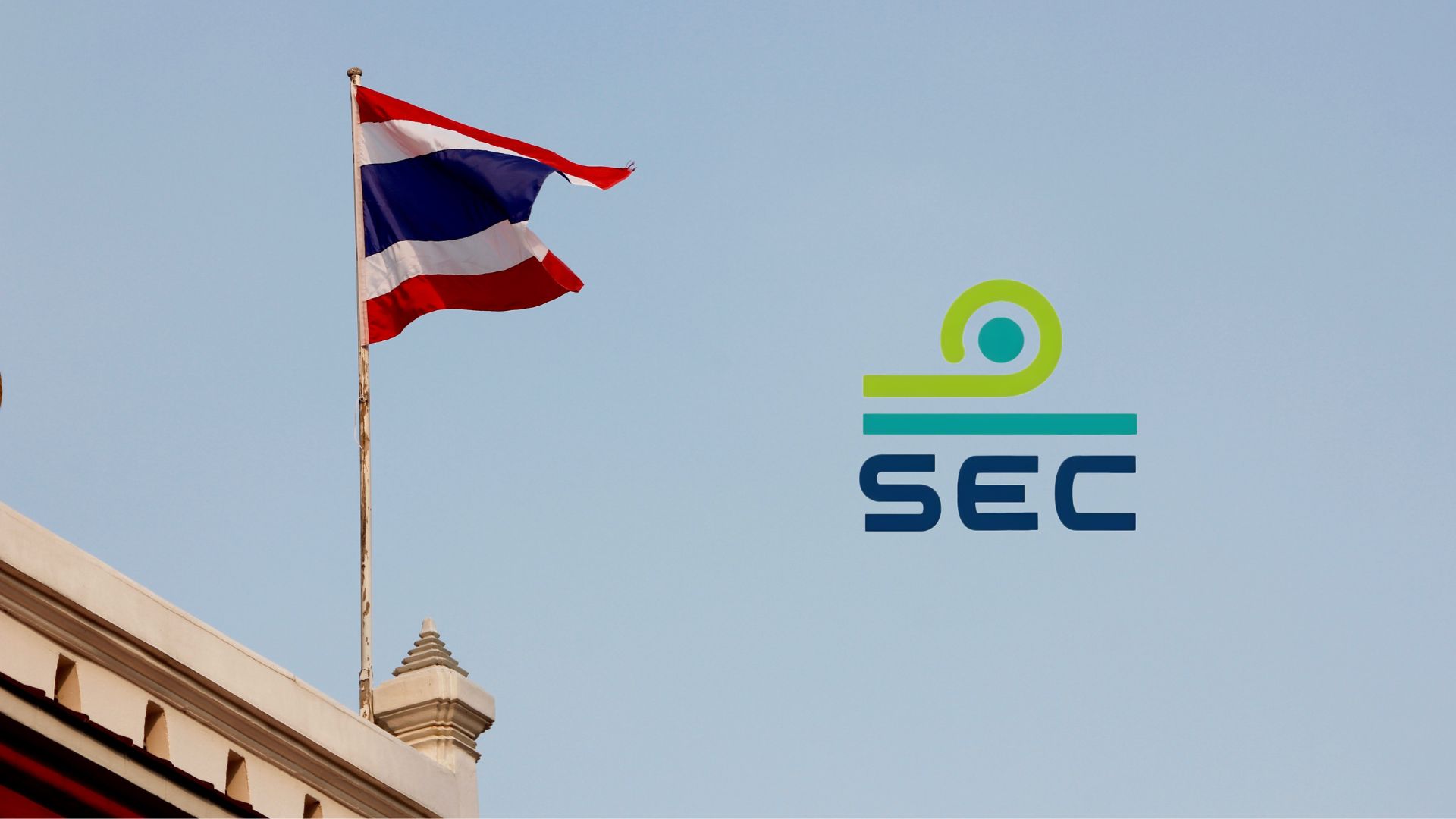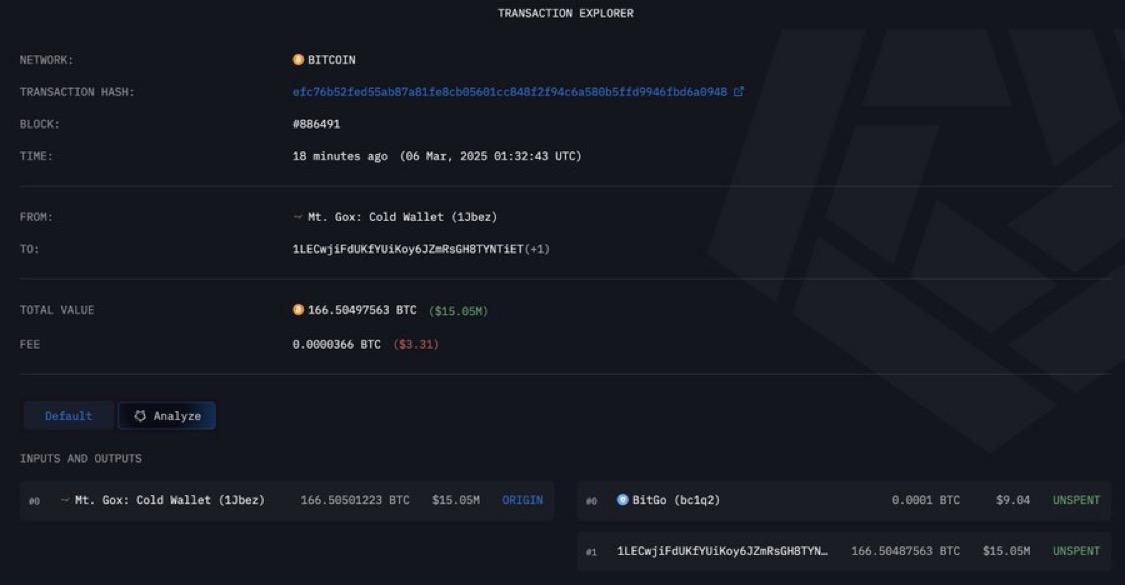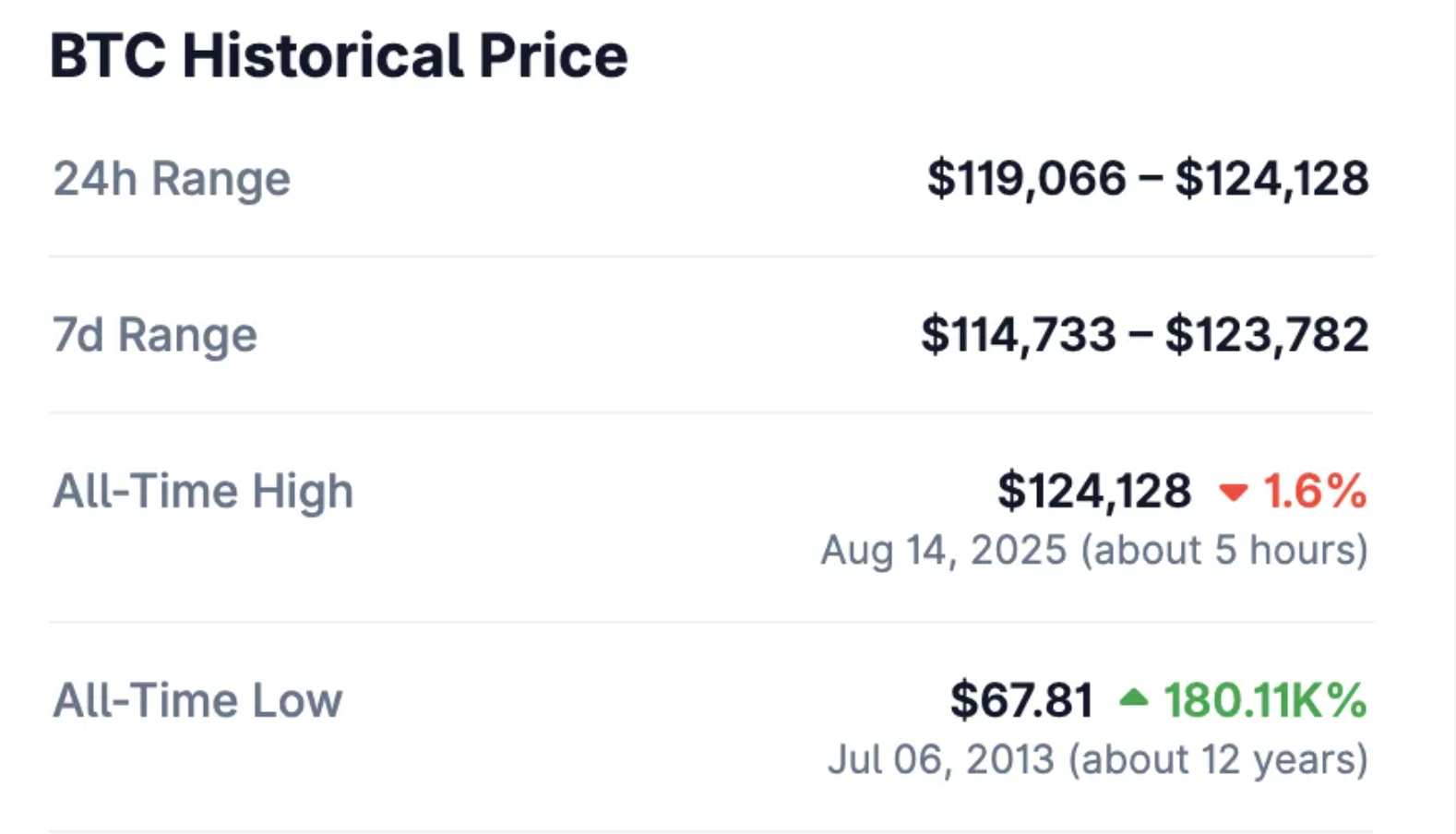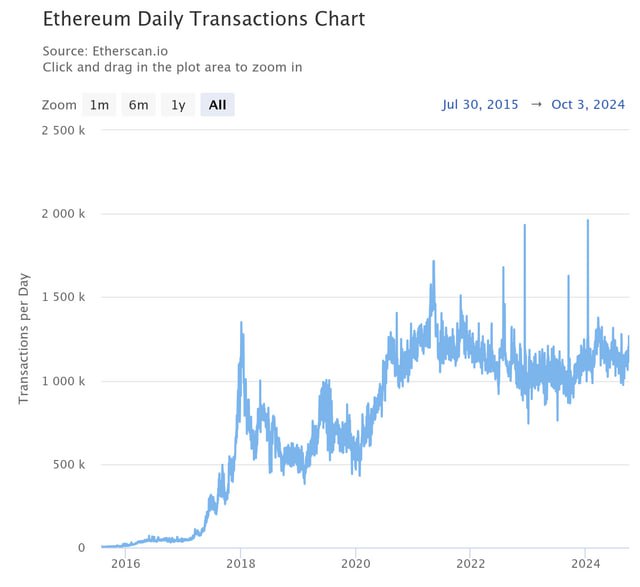The Securities and Exchange Commission (SEC) of Thailand has put forward new rules for the listing of digital assets, which are open for public consultation until July 21. These changes are part of the regulator’s efforts to improve the rules governing the cryptocurrency market in the country, aiming to enhance transparency and support the further development of the digital asset ecosystem.
The main changes proposed by the SEC concern allowing cryptocurrency exchanges to list their own utility tokens or assets linked to related legal and natural persons. However, there is one important condition: the tokens must have a clear practical application in blockchain systems and not merely serve as speculative assets. This is expected to foster a more sustainable cryptocurrency market and promote innovative projects in the country.
The second key proposal targets the fight against insider trading, which remains a significant issue in the cryptocurrency industry. Under the new rules, cryptocurrency platforms will be required to disclose lists of affiliated persons for all token issuers, which will help improve transparency and prevent price manipulation of tokens. This measure aims to create a more fair and open trading environment for all market participants.
Additionally, as part of the new regulations, exchanges will be required to implement a notification system for the SEC. This will allow the regulator to track activities on cryptocurrency markets in real-time and respond promptly to any potential manipulation or rule violations. The implementation of such a system will make the market more controlled and secure for both investors and platforms.
For assets already listed on exchanges, a transitional period has been established. Issuers of these tokens will be required to provide information about related persons and affiliated companies within 90 days after the new rules take effect. This will give sufficient time to bring current listings into compliance with the new requirements.
Moreover, it is worth noting that in May, the Thai government announced the launch of a new digital investment token, the G-Token. This token was developed by the Ministry of Finance to cover the budget deficit and should not be used for purchasing goods or making transfers. The SEC emphasized that this asset will be strictly limited in its functions to prevent its use in everyday transactions, which is also part of a broader policy to prevent speculation with government-backed assets.










